Pakistan to employ anti-terror strategies of other states
Sri Lanka tops list; different studies and expert opinions also under consideration
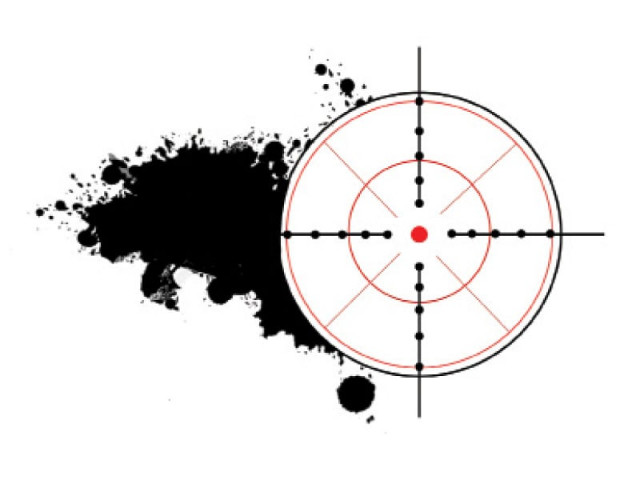
A security official said that currently, in countering violent extremism, successful de-radicalisation programmes of Malaysia, Saudi Arabia, Singapore, Indonesia, Algeria and the United Kingdom will be followed. For counter terrorism strategy, Sri Lanka, Algeria, United Kingdom and Turkey would be given preference, sources in the interior ministry confirmed.

The differences in their models are being studied to make them relevant with the present national action plan to eliminate the menace of terrorism from the country. Different research studies and experts’ input are also under consideration for the purpose.
Federal Secretary Interior Shahid Khan confirmed these plans and said these models were brought under consideration first during the formulation of the National Internal Security Policy 2013-18 with three major elements: dialogue with all stakeholders, isolating terrorists from their support bases, and enhancing deterrence through capacity-building, so that the security apparatus could deal with internal security threats.
Under the counter terrorism model suggested by expert groups recently, “a modern, well-equipped and better trained police force is the best line of defence in combating terrorism in recent times.”
There is a growing trend in police services of many police officials obtaining leave for studies in foreign universities in irrelevant disciplines. It was also suggested that focus be given to training local police officers in countries with better experience of fighting terrorist groups so that they might come back with skills that can be utilised.
A recently published bi-annual research journal of Pak Institute of Pakistan Studies namely Conflict and Peace Studies endorsed this approach as well. In his comment entitled “Understanding the fundamentals of a counterterrorism strategy for Pakistan”, researcher and former police officer Dr Farhan Zahid, who has authored more than 10 papers on terrorism, counter-terrorism, Afghan political order and al Qaeda, noted that there is a need to establish a counter-terrorism policy institute at the state level for studying the causes and reasons of terrorism using a wider perspective.
Commenting on other countries’ successful models, he stressed that detained terrorists be treated in a just and fair manner showing resolve for the rule of law and integrity. “This will require consistent legislative effort to upgrade anti-terror laws on need-to-need basis, (so that) no extra-judicial measure should be allowed to take root,” he added. The national action plan is supposed to deal with issues like madrassa reforms, counter-terrorism and extremism, oversee activities of banned outfits and slapping a ban on hate literature.
Published in The Express Tribune, December 30th, 2014.

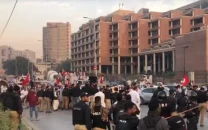



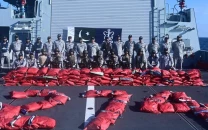
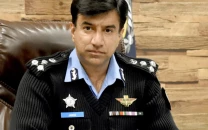


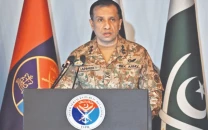


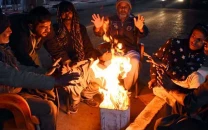






COMMENTS
Comments are moderated and generally will be posted if they are on-topic and not abusive.
For more information, please see our Comments FAQ